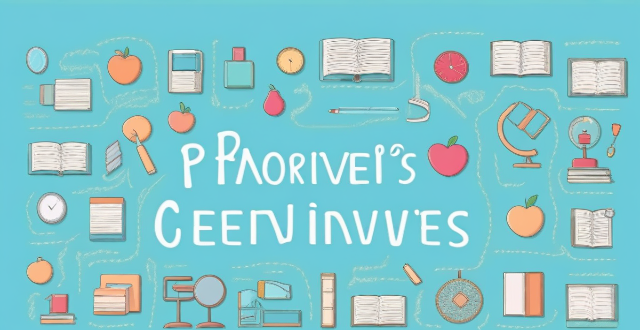The text provides a comprehensive guide on how to improve study habits for higher learning efficiency. It suggests developing a consistent study schedule, creating an optimal study environment, using active learning techniques, breaking down study material, employing time management tools, setting clear goals, taking care of oneself, utilizing teaching as a learning tool, seeking help when needed, and reflecting on one's study methods. These strategies aim to enhance focus, concentration, memory retention, understanding, energy, interest, objectives, progress, brain rest, nourishment, knowledge reinforcement, assistance, perspectives, engagement, effectiveness evaluation, and approach adaptation. Consistency and self-reflection are emphasized as key factors in continuous improvement of academic performance.

How to Improve Study Habits for Higher Learning Efficiency
1. Develop a Consistent Study Schedule
- Set a routine: Allocate specific times for studying when you're most alert and focused.
- Stick to the schedule: Make your study time a non-negotiable part of your daily routine, similar to meals or exercise.
2. Create an Optimal Study Environment
- Minimize distractions: Find a quiet space where you can focus without interruptions from TV, social media, or household activities.
- Organize your workspace: Keep your study area clean and well-organized to reduce visual clutter and improve concentration.
3. Use Active Learning Techniques
- Engage with the material: Take notes by hand, summarize key points in your own words, and discuss concepts with peers.
- Practice active recall: Test yourself on the material to strengthen memory retention and understanding.
4. Break Down Study Material
- Chunking: Divide information into smaller, more manageable pieces that are easier to learn and remember.
- Interleaved practice: Mix different topics and types of problems to promote deeper learning and adaptability.
5. Employ Time Management Tools
- Use a planner: Record deadlines, assignments, and study sessions in a planner to visualize your schedule.
- Try the Pomodoro Technique: Work in focused intervals (typically 25 minutes) followed by short breaks to maintain energy and interest.
6. Set Clear Goals
- Establish objectives: Determine what you want to achieve in each study session and long-term.
- Track progress: Regularly evaluate how close you are to meeting your goals and adjust accordingly.
7. Take Care of Yourself
- Get enough sleep: Aim for 7-9 hours of sleep per night to ensure your brain is well-rested for learning.
- Stay hydrated and nourished: Drink plenty of water and eat nutritious foods to fuel your mind and body.
8. Utilize Teaching as a Learning Tool
- Teach what you've learned: Explain concepts to others to reinforce your understanding and uncover any gaps in your knowledge.
9. Seek Help When Needed
- Don't hesitate to ask questions: If you're struggling with a topic, reach out to teachers, tutors, or classmates for assistance.
- Join study groups: Collaborating with peers can provide new perspectives and increase engagement with the material.
10. Reflect on Your Study Methods
- Evaluate effectiveness: Regularly consider which study strategies work best for you and which ones need improvement.
- Adapt as necessary: Be open to changing your approach based on what works and what doesn't.
By implementing these strategies, you can enhance your study habits and maximize your learning efficiency. Remember, consistency and self-reflection are key to continuous improvement in your academic performance.